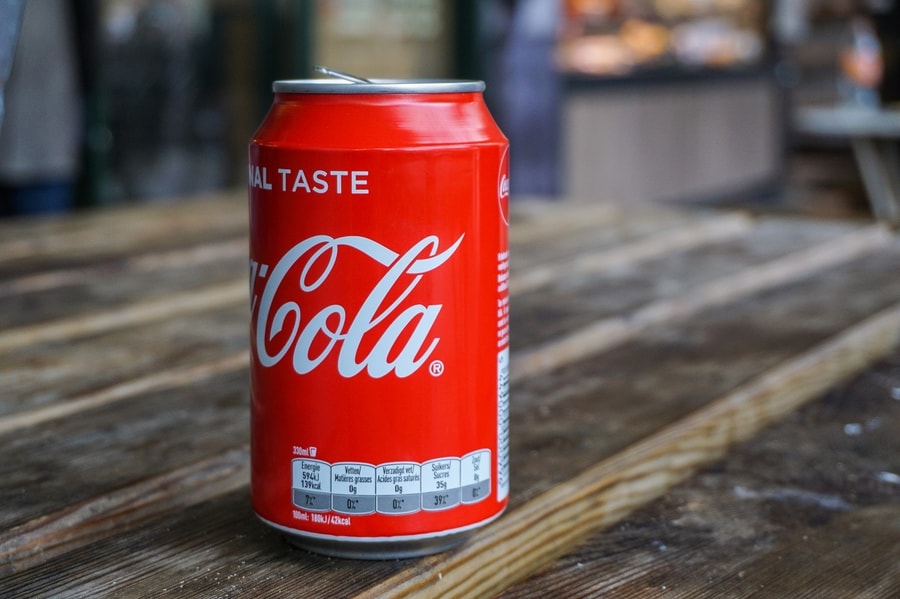Every company, regardless of its size, has a trade mark. It could be your company name, logo, or even a specific shape or colour. In fact, you can’t really trade without one because no one would know where or how to find you. Granted, it won't be as prestigious as Coca-Cola or Virgin, but it's still a valuable business asset and one that should be protected.
Why?
Your trade mark (once registered) prevents other businesses from using a similar mark without your permission. Just think of the damage that could be done to your business if someone else used your trade mark (or something remarkably similar) to sell inferior goods?
What’s the difference between ™ and ®?
The ™ symbol signifies an unregistered trade mark. Effectively, all it does is show the public that, as a company, you are using a specific word, logo, or slogan as a trade mark. However, it gives no legal protection should it be infringed. The ® symbol, on the other hand, shows that your trade mark is registered and that you have legal ownership over its usage. Any infringement is actionable under UK trade mark law.
Why you should choose your trade mark carefully
Your trade mark has two primary aims:
- To protect the buying public from being misled
- To protect the reputation of your business
For the consumer, it gives some peace of mind with regards to the quality and provenance of the goods. For example, people who buy from Apple do so because its products are synonymous with innovation and quality.
For the business owner, it protects the goodwill of their business from any harmful counterfeit goods. Just think of all those street vendors you see on holiday selling ‘designer’ goods.
Choosing your trade mark can be daunting, so here are a few things to consider;
Starting at the top, the strongest and most-easily protected trade marks are those with arbitrary or fanciful names. They bear no relationship to the product or service sold under the trade mark, and include brands like KODAK, Apple, and Google.
In contrast are trade marks that use words or phrases that describe a product or one of its ingredients or attributes. These can be difficult to get registered. However, if it is deemed to have acquired secondary meaning by being exclusively used as a trade mark for many years (for example, SHARP for televisions) it may become protectable.
At the bottom of the pile are generic names. These are the least protectable because the words are needed by businesses in that sector to describe goods and services.
You also need to make sure your trade mark is:
- Easy to read and pronounce
- Not guilty of having any adverse meanings in slang (in English or any other foreign language if you intend to trade abroad)
- Not going to create confusion as to the nature of your product

An un-registered trade mark offers little legal protection - to truly safeguard your brand reputation, get your trade mark registered.
When should you protect your trade mark?
The simple answer is as soon as possible, because your trade mark is one of, if not the most valuable asset your business has.
Once registered, the owner of the registration can stop others from using the mark (or anything deemed similar). Moreover, because you can’t rely on the fact that you used the mark first if someone beats you to it, you’ll lose your right to use that mark.
What does a trade mark cost and how long does it take?
It’s not always easy to set aside the fees for such projects when you start up in business. However, it can be more cost-effective than you might imagine, with trade mark protection obtainable for the equivalent of less than £100 per year over a ten-year term of registration. For this, you have a monopoly in terms of your business name, which can be used to keep others out of your area of business permanently.
How do you protect your trade mark?
Before getting into this, there are a couple of misconceptions that need addressing:
- Just because your trade mark is part of your registered company name it does not give you legal protection (it only prevents someone from registering the same company name with Companies House).
- Even if your trade mark is part or all of your domain name, you are not protected in law against trade mark infringement.
The only way to be sure you have the law on your side, should an infringement take place, is to register your trade mark at the UK Intellectual Property Office.
The path to trade mark registration can be complicated, and it is essential that you get it right, from the beginning. If you make a mistake (such as incorrectly completing the form, or using the wrong category, of which there are 45 to choose from) at the outset, your registration will fail, and you'll have to start all over again. Not only will this result in rising costs, but it also means a considerable delay to the legal protection of your mark.
Plus, you also have to decide whether a UK or EU trade mark is best for your business. A UK trade mark is generally a good option if your trading activities are local to you, or are confined to the UK. A European trade mark, on the other hand, currently covers all 28 territories in one application, and may be a good, cost-effective option if you also export, or plan to export, to more than one country in mainland Europe.
Sound complicated? Don’t worry; you don’t have to navigate this minefield by yourself. It’s highly recommended you obtain the expert advice of a qualified trade mark attorney on the filing of your mark to ensure you get it right first time.
A trade mark attorney will spend time researching your activities, talking to you to determine your plans, and carefully drafting the list of goods and services to cover what you do or intend to do under the mark. They will have the knowledge to predict the type of objections which your trade mark application will encounter and will have experience in overcoming these objections, so that the application has as smooth a route to registration as possible. Even before the application is filed, they can conduct an availability search to determine whether the mark is free for use and registration, and also advise you on the results, so that you do not find yourself at the wrong end of a cease and desist letter on the day that your business launches.
About the Author
Rachael Ward is a Chartered Trade Mark Attorney and specialist trade mark lawyer with a legal career spanning over 20 years, working for major corporate law firms, as a freelance consultant and, for the last four years, running a highly-experienced team at Ward Trade Marks.






These cookies are set by a range of social media services that we have added to the site to enable you to share our content with your friends and networks. They are capable of tracking your browser across other sites and building up a profile of your interests. This may impact the content and messages you see on other websites you visit.
If you do not allow these cookies you may not be able to use or see these sharing tools.